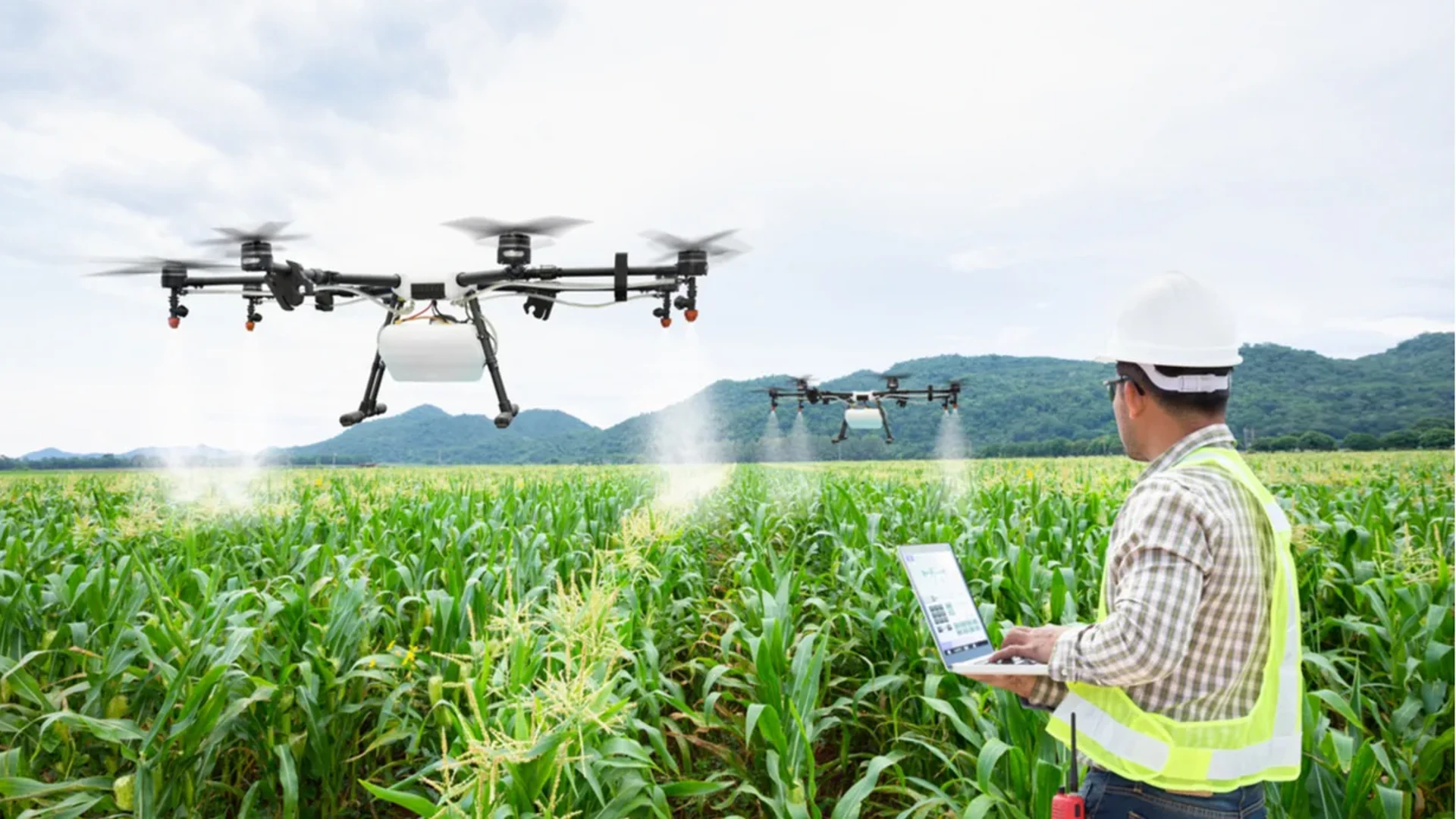
Modern cities are undergoing a transformation into “smart cities,” where technology is used to enhance quality of life and reduce environmental impacts. Environmental monitoring plays a central role in this shift by offering intelligent solutions to monitor and improve environmental conditions.
Smart cities use networks of distributed sensors to collect environmental data such as air quality and noise levels. This data is analyzed using artificial intelligence and machine learning to provide accurate recommendations that help decision-makers enhance environmental infrastructure.
For example, smart environmental monitoring systems can predict pollution levels before they occur, allowing proactive measures to be taken. Citizens can also access this data via mobile applications, increasing environmental awareness and community engagement.